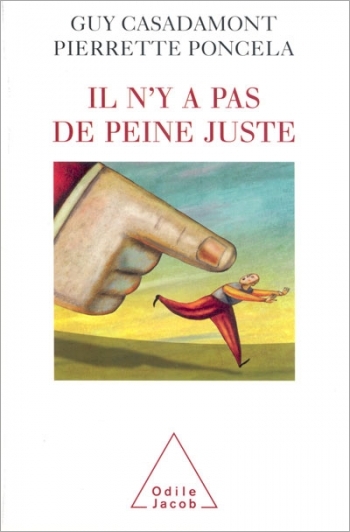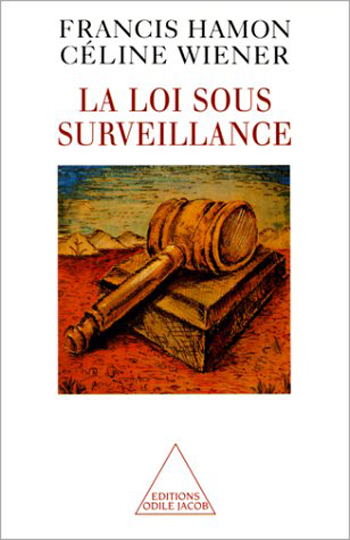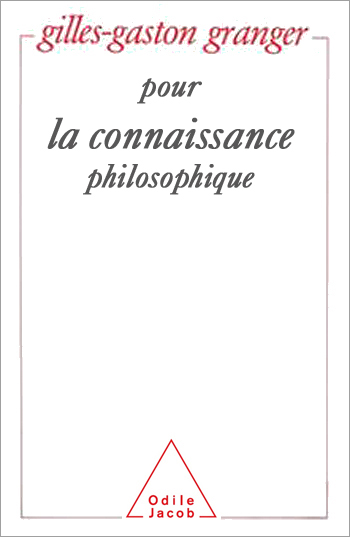Human Sciences All books
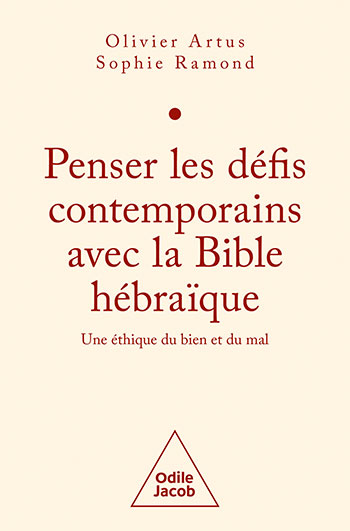
Olivier Artus, Sophie Ramond
Contemporary Challenges and the Hebrew Bible An Ethics of Good and Evil
A text that combines history, biblical science, philosophy and ethics, for an original reflection on society’s current challenges in terms of justice, ecology and human dignity.
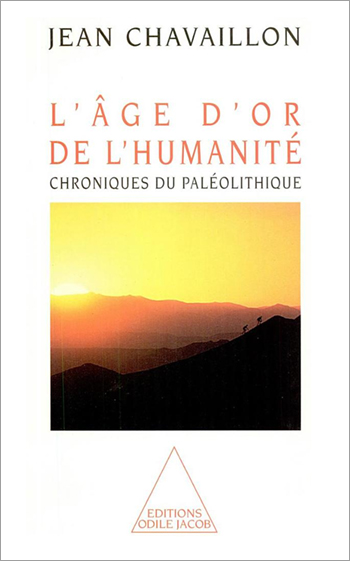
Jean Chavaillon
The Golden Age of Humanity Annals of the Palaeolithic Age
If myths tell the story of civilizations without writing, the myth of the golden age corresponds to a very precise period in the story of mankind: the superior paleololithic (between 35,000 and 9,000 B.C.). Even though different species of hominides coexisted in the same territories of Africa, there were no wars. Human groups were rare, they lived in an environment of abundance. They had time. Without art or religion, their life was carefree. All their knowledge was concentrated on the making of tools and in the mastering of fire. This is the everyday life of men from the Paleolithic which Jean Chavaillon describes in this fascinating book, illustrated by black and white reproductions. Jean Chavaillon, is a research director at the CNRS, a specialist in prehistory and a field worker.
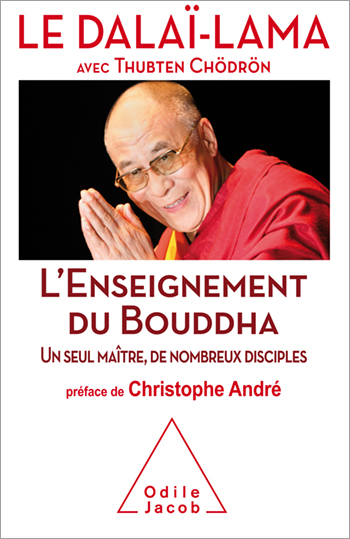
The Dalaï-lama, Thubten Chödrön
Buddhism One Teacher, Many Traditions
The diverse expressions of the Buddha's teachings
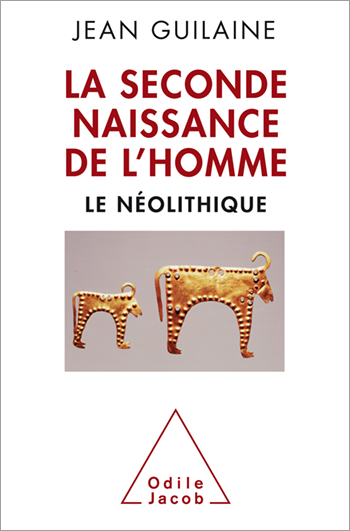
Jean Guilaine
Humanity’s Second Birth The Neolithic Revolution
The Neolithic Revolution, a major turning point in the history of humanity
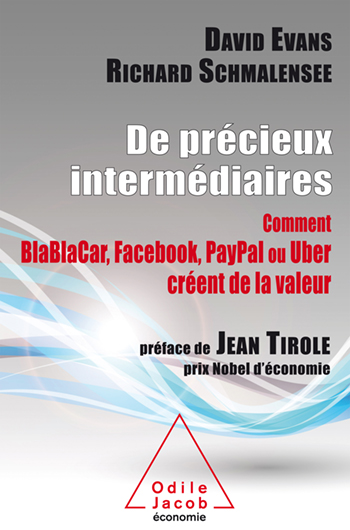
David Evans, Richard Schmalensee
The New Middlemen How Airbnb, BlaBlaCar, Uber and the rest are changing the economy
“Stimulating and rigorous, everyone — students, entrepreneurs and all those who just want to understand how our economy is evolving — should read this book.” Jean Tirole. The book masterfully articulates a strategic analysis of economic theory, making it far easier to grasp.

